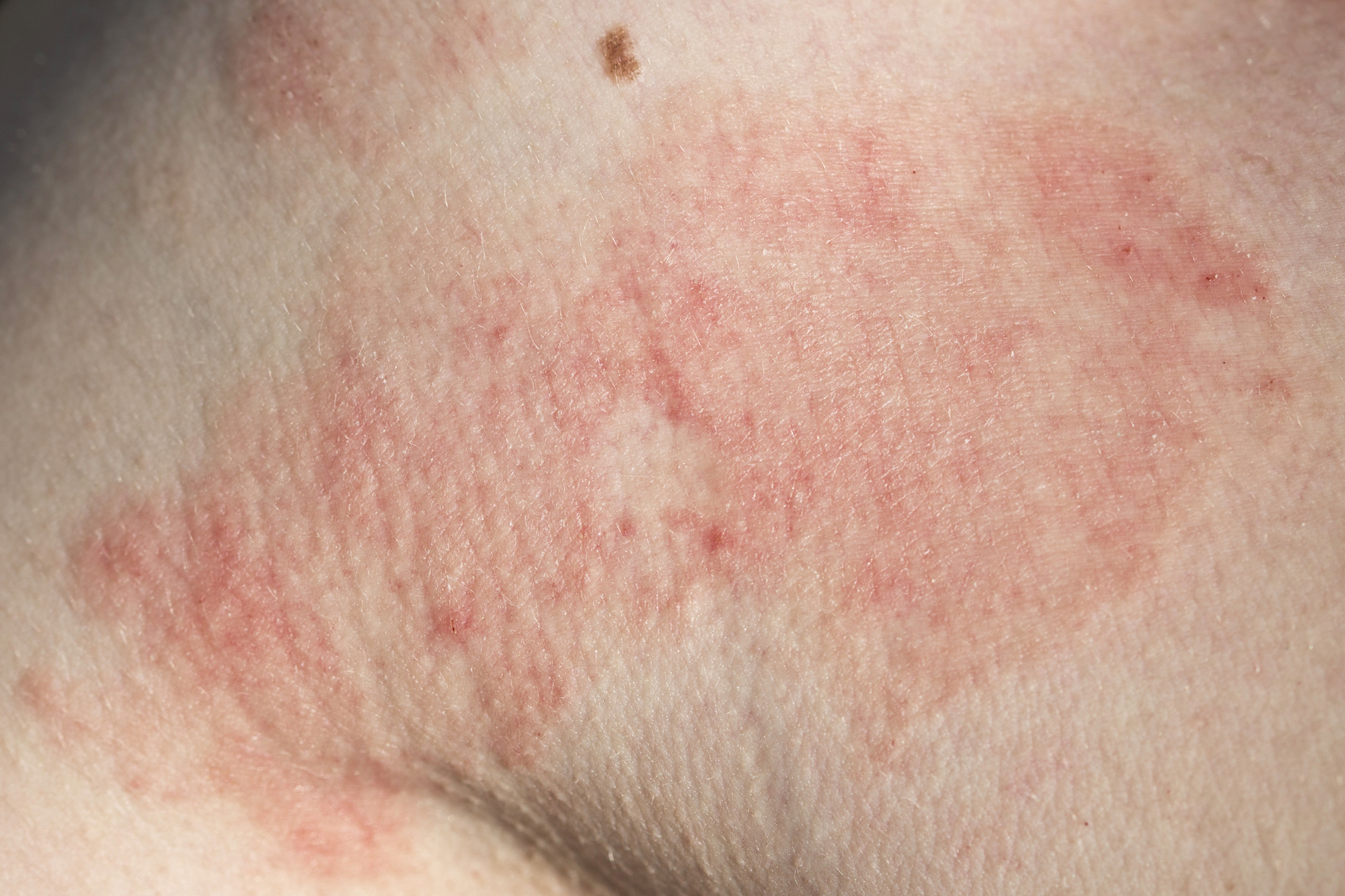 Topical calcineurin inhibitors are treatments used to control atopic dermatitis, which is the most common form of chronic eczema. Topical calcineurin inhibitors are usually prescribed to patients as a steroid sparing therapy. “They are typically not as effective during an eczema flare as quickly as topical steroids, which still form a mainstay of therapy, but are an ideal maintenance therapy to limit exposure to steroids, which have more long-term side effects than the calcineurin inhibitors,” says Dr. Aron Gewirtzman, board certified dermatologst at Sanova Dermatology in Austin, Texas. They may also be prescribed to treat eczema on delicate, thin areas of skin, such as the face, neck, eyelids, and skin folds where skin atrophy is a concern.
Topical calcineurin inhibitors are treatments used to control atopic dermatitis, which is the most common form of chronic eczema. Topical calcineurin inhibitors are usually prescribed to patients as a steroid sparing therapy. “They are typically not as effective during an eczema flare as quickly as topical steroids, which still form a mainstay of therapy, but are an ideal maintenance therapy to limit exposure to steroids, which have more long-term side effects than the calcineurin inhibitors,” says Dr. Aron Gewirtzman, board certified dermatologst at Sanova Dermatology in Austin, Texas. They may also be prescribed to treat eczema on delicate, thin areas of skin, such as the face, neck, eyelids, and skin folds where skin atrophy is a concern.
What are topical calcineurin inhibitors?
There are currently two topical calcineurin inhibitors: tacrolimus ointment (Protopic), used for moderate to severe eczema, and pimecrolimus cream (Elidel), used for mild to moderate eczema. Topical calcineurin inhibitors are not a cure for eczema but are only a treatment to reduce skin inflammation.
How do topical calcineurin inhibitors work?
Atopic dermatitis, or eczema, is a skin condition that usually begins in childhood. Certain allergens, such as dust mites, pollen, and certain foods, trigger a person’s immune system. The immune system then overreacts to the allergens and produces a chemical called calcineurin, which causes skin inflammation (red and itchy skin). By blocking the immune system’s production of calcineurin, these topical inhibitors help to reduce skin inflammation and relieve red, itchy skin.
How are topical calcineurin inhibitors used?
Generally, topical calcineurin inhibitors are applied thinly with clean hands twice daily to areas of the skin with atopic dermatitis. As with all medications, proper usage should be discussed with a doctor.
What are the possible side effects of topical calcineurin inhibitors?
One of the most common side effects of topical calcineurin inhibitors is skin irritation or a burning, itching sensation when the medication is applied, which usually subsides in a day or two. Many patients will find that storage of the medication in the refrigerator may help to limit this side effect. Some other side effects of topical calcineurin inhibitors include a small risk of developing cold sores, acne, or blocked skin pores.
For more information about topical calcineurin inhibitors or to make an appointment with a dermatologist, contact us at Sanova Dermatology.

